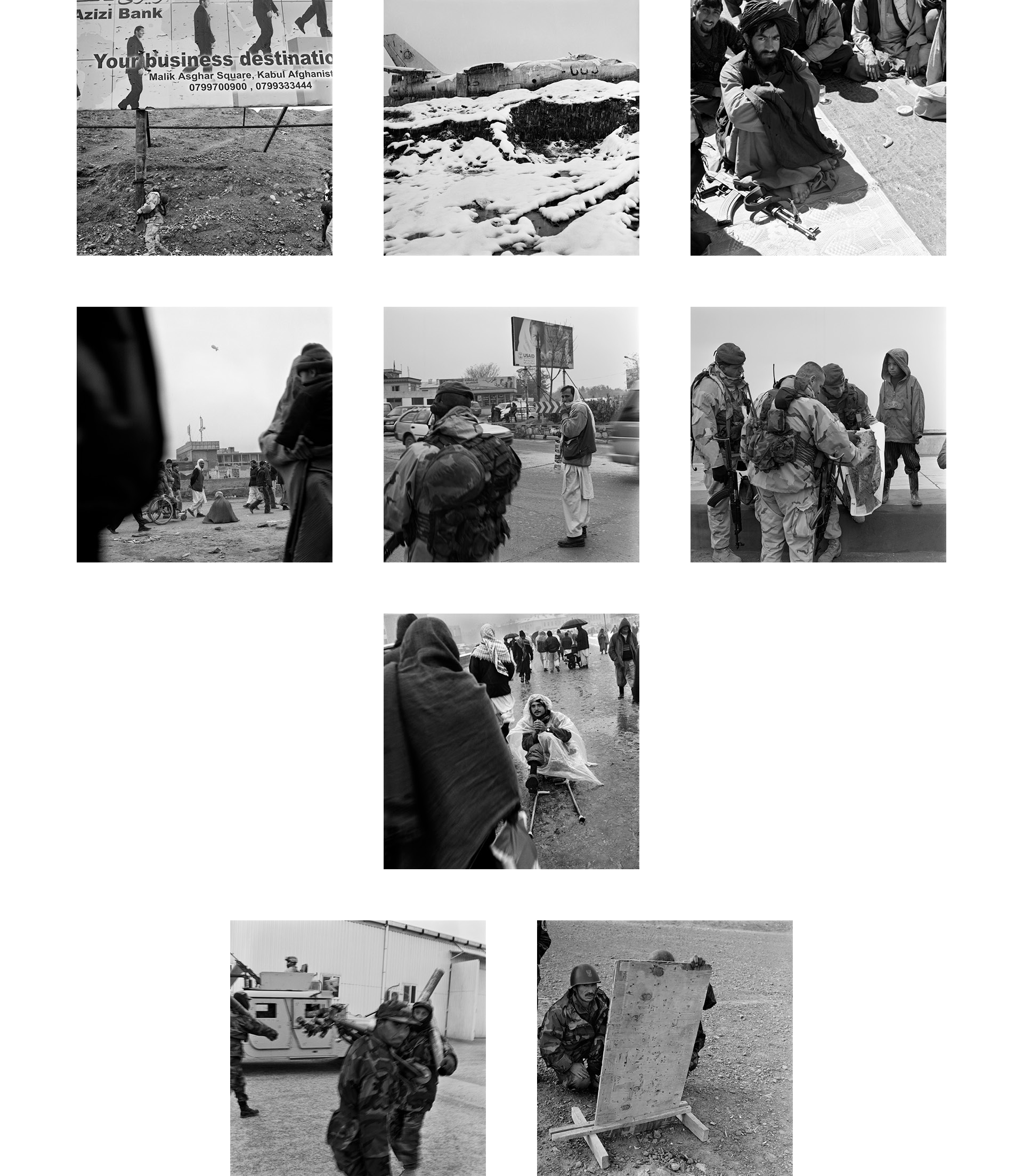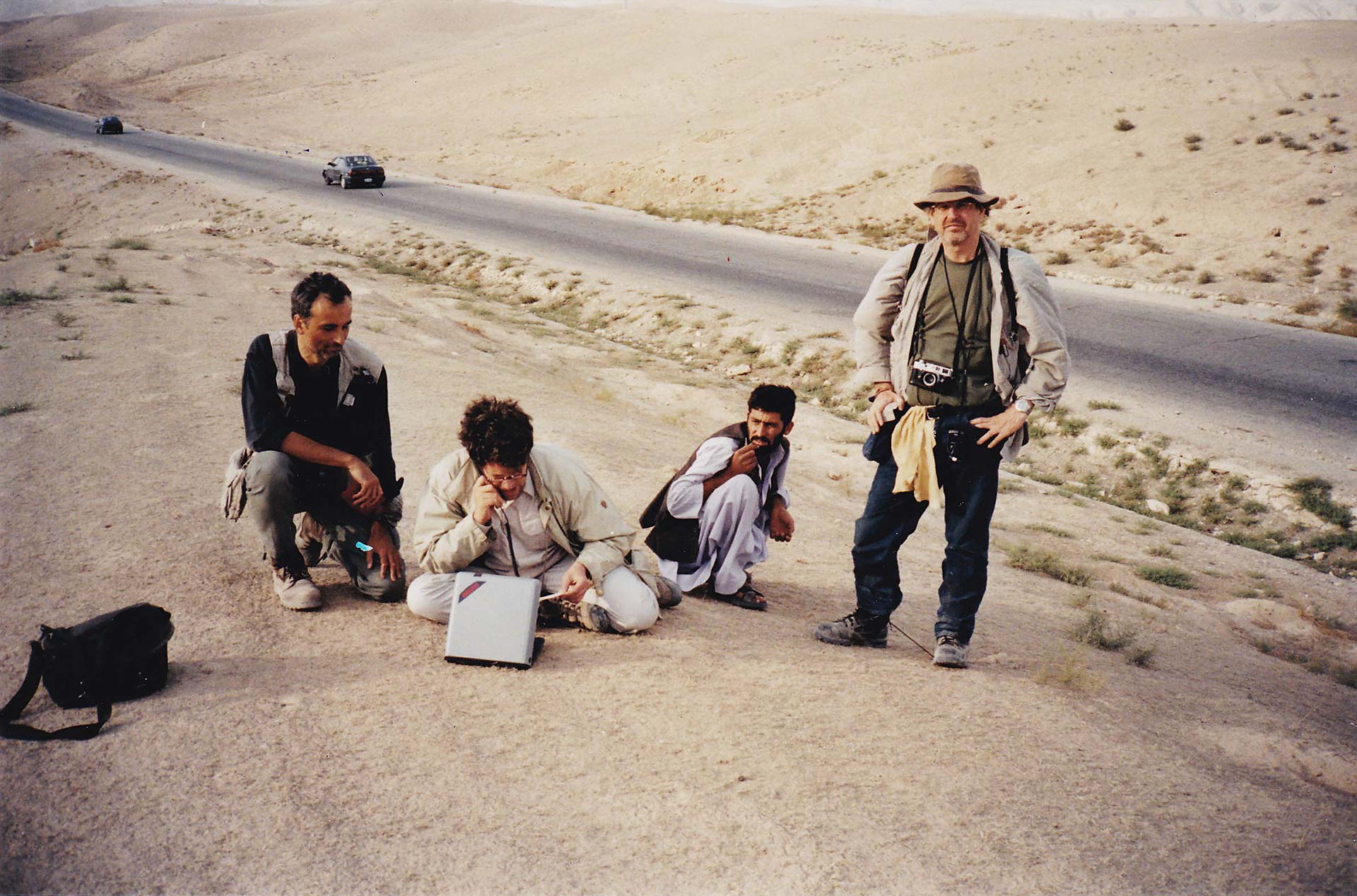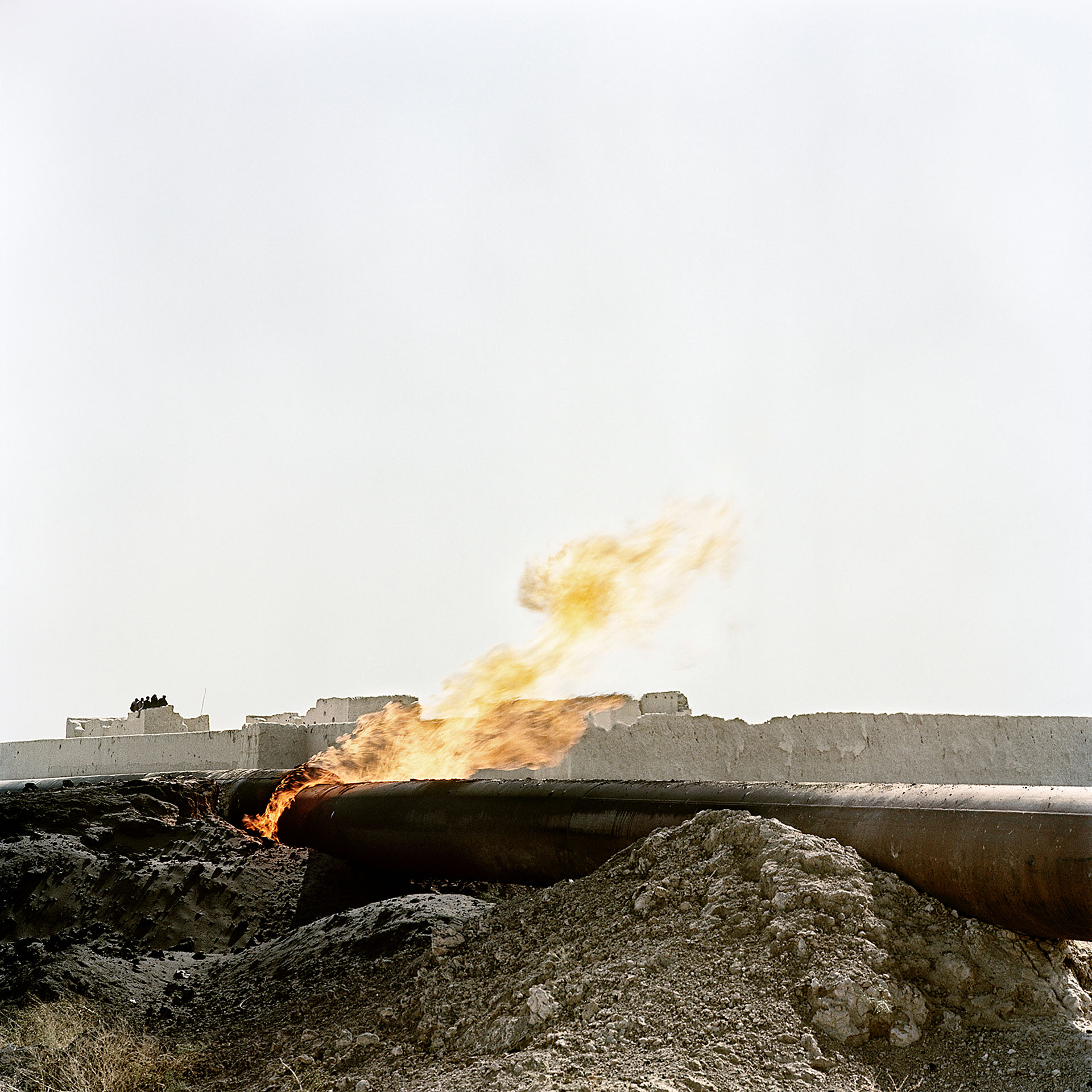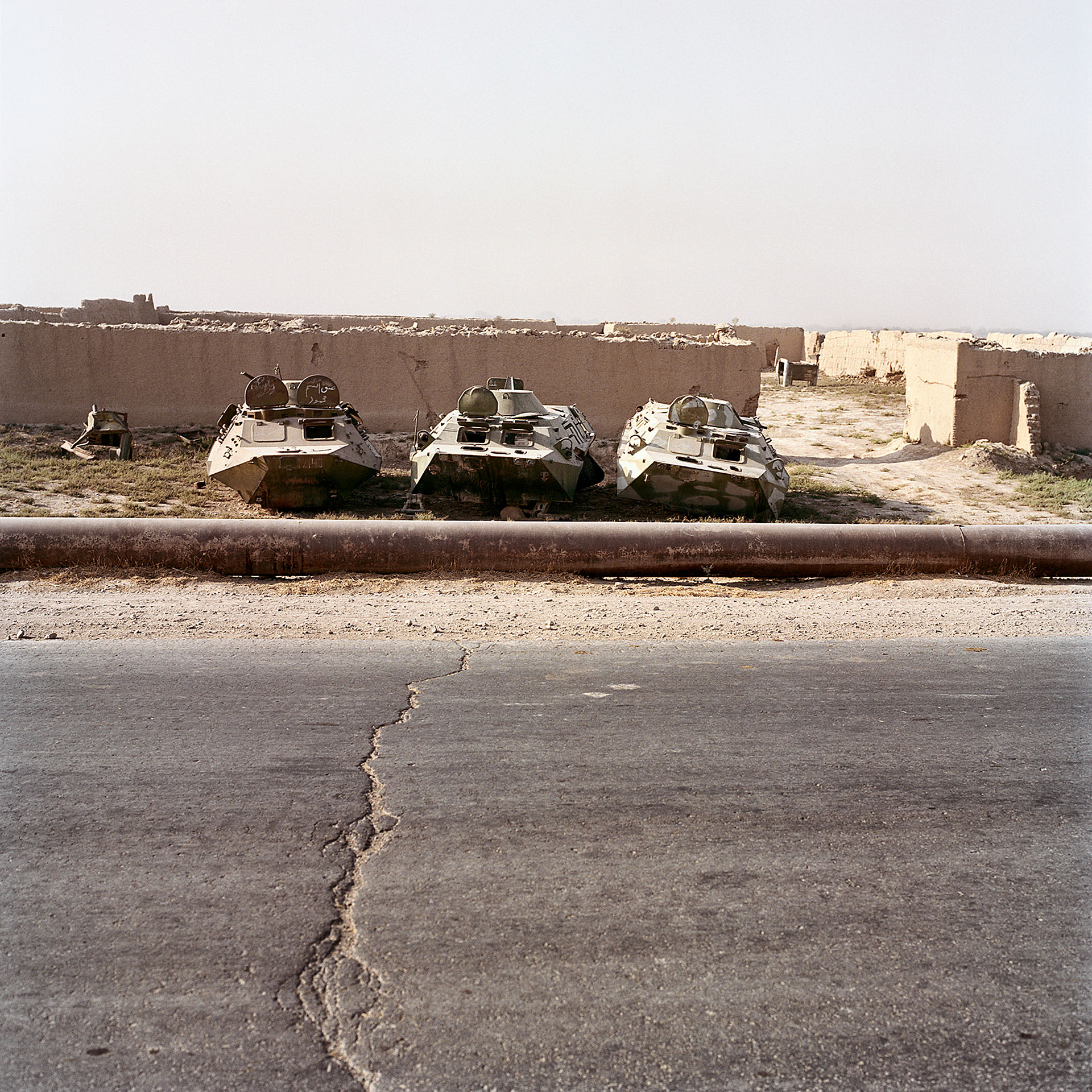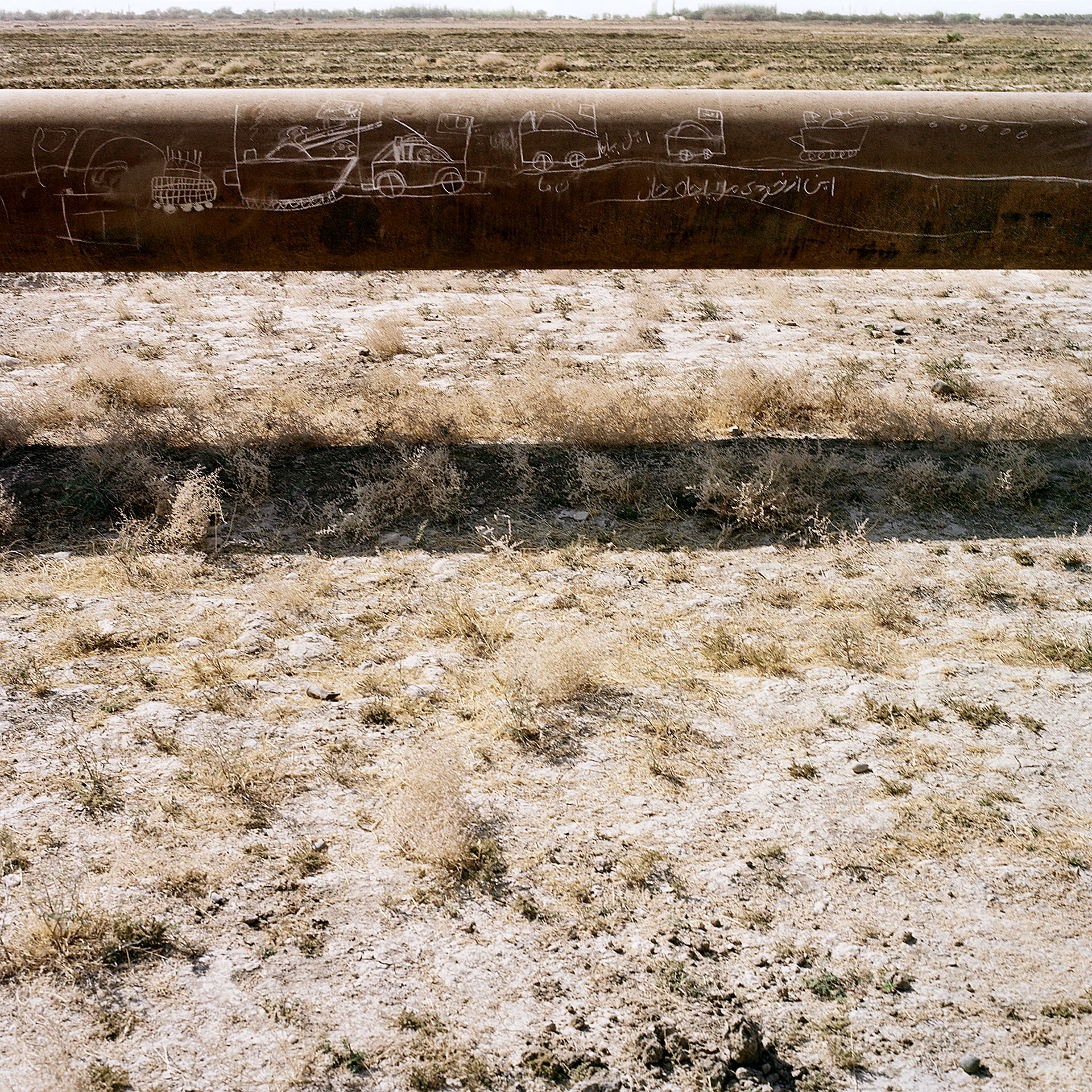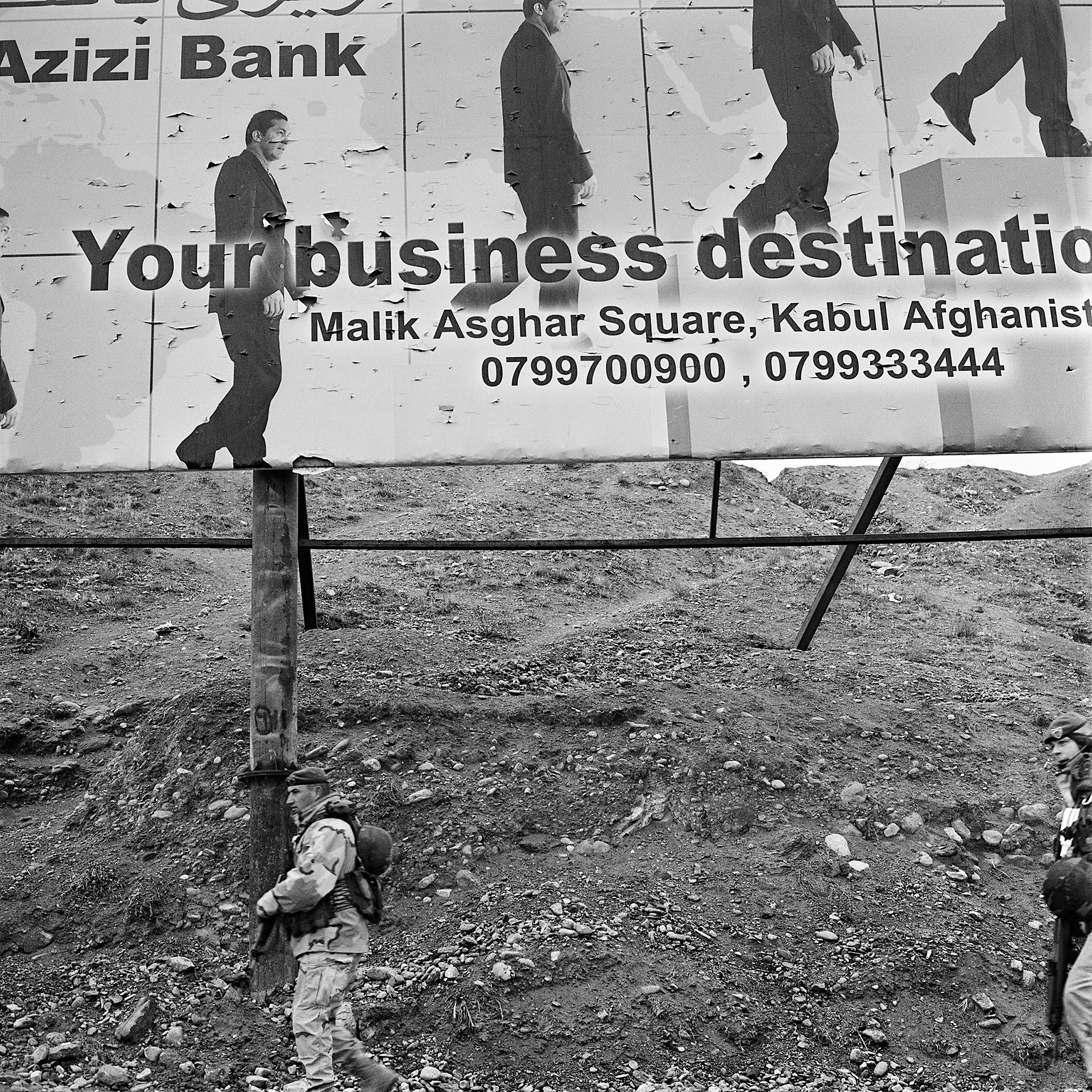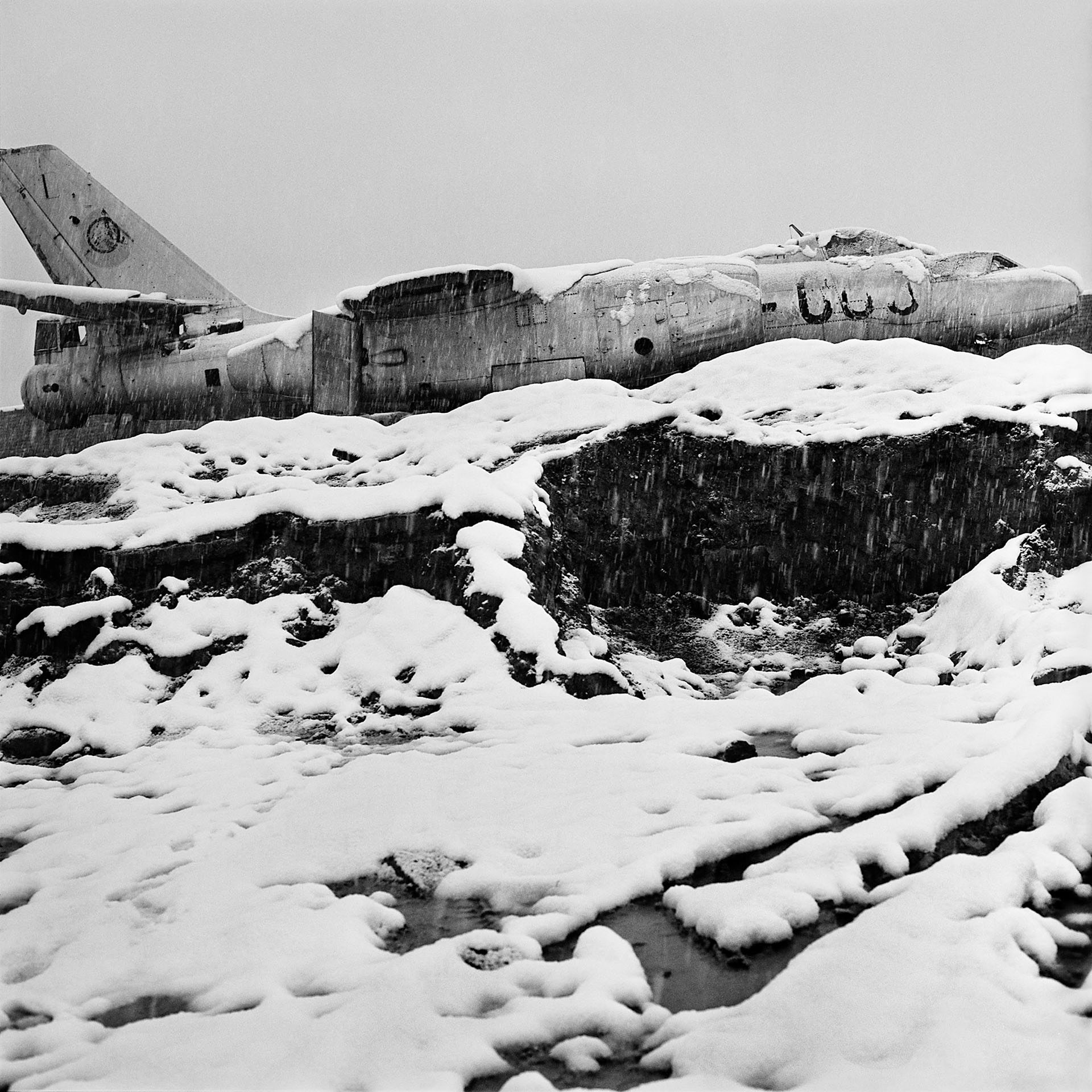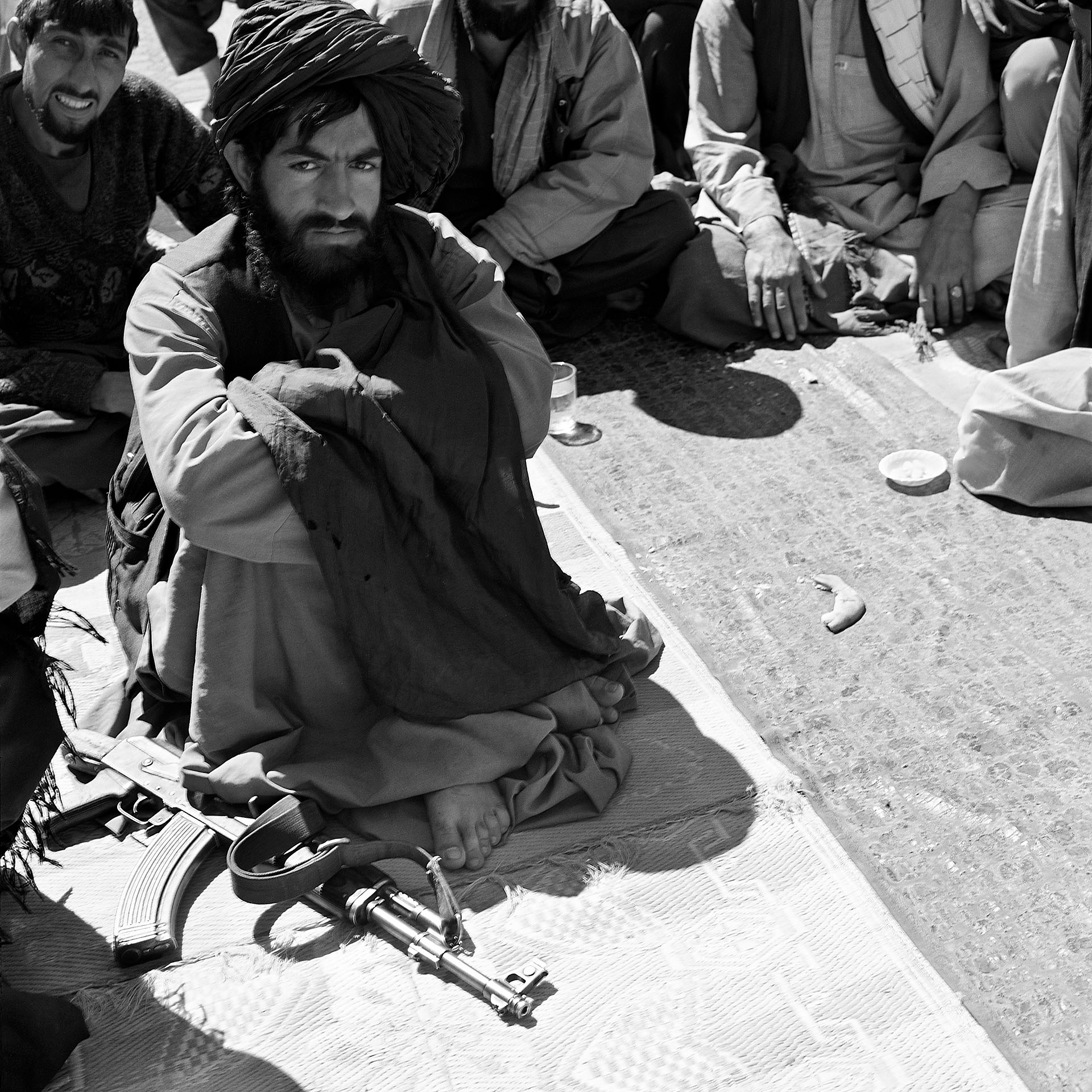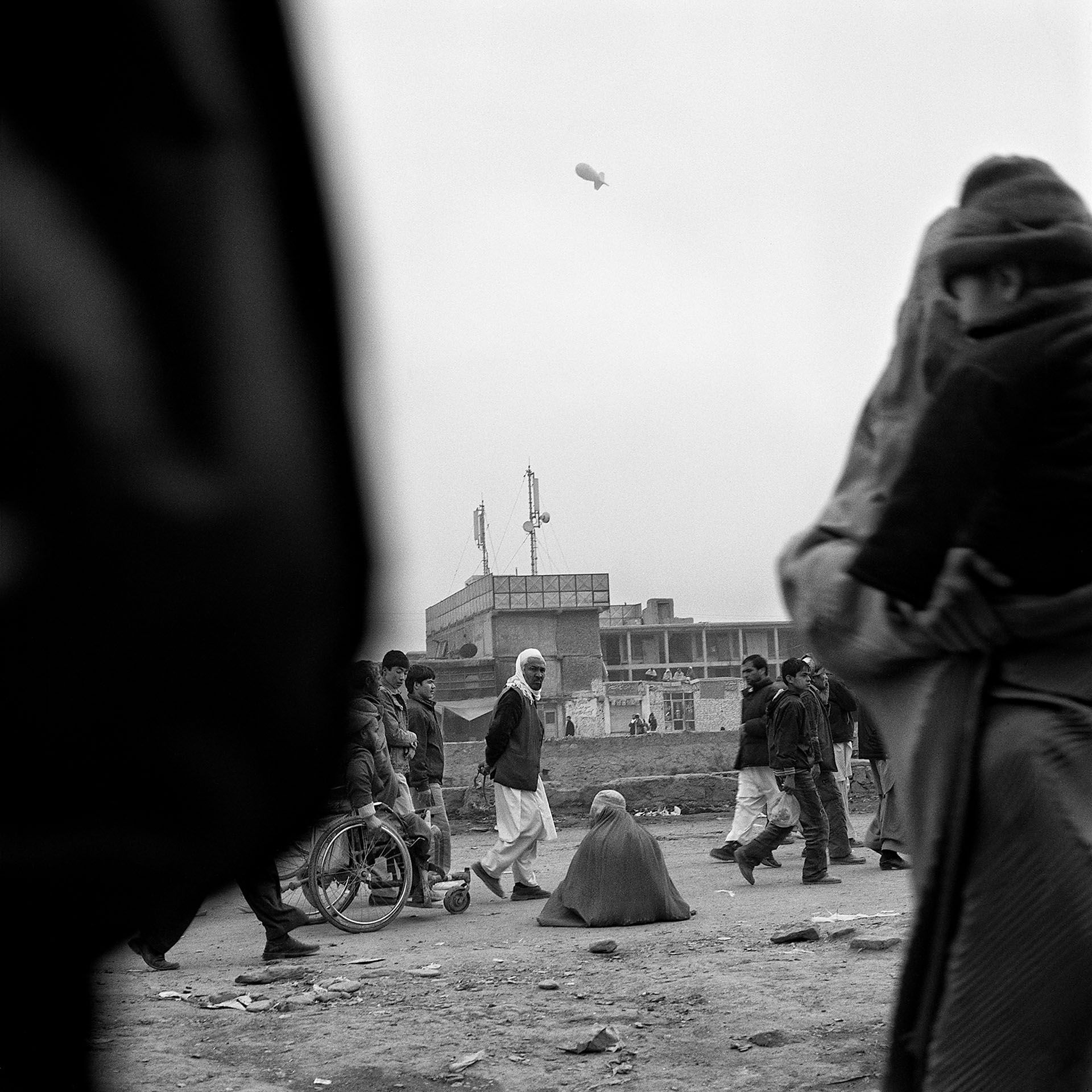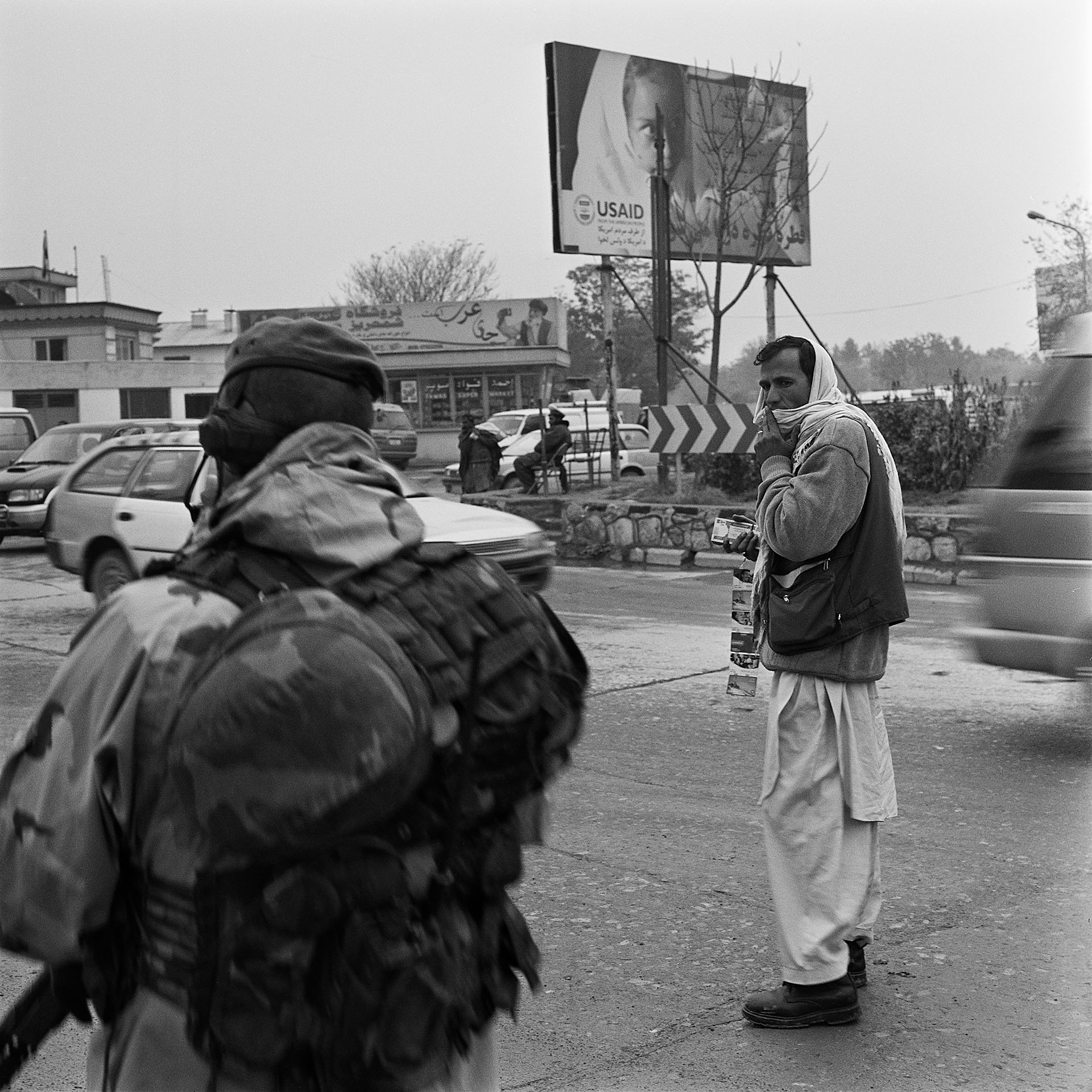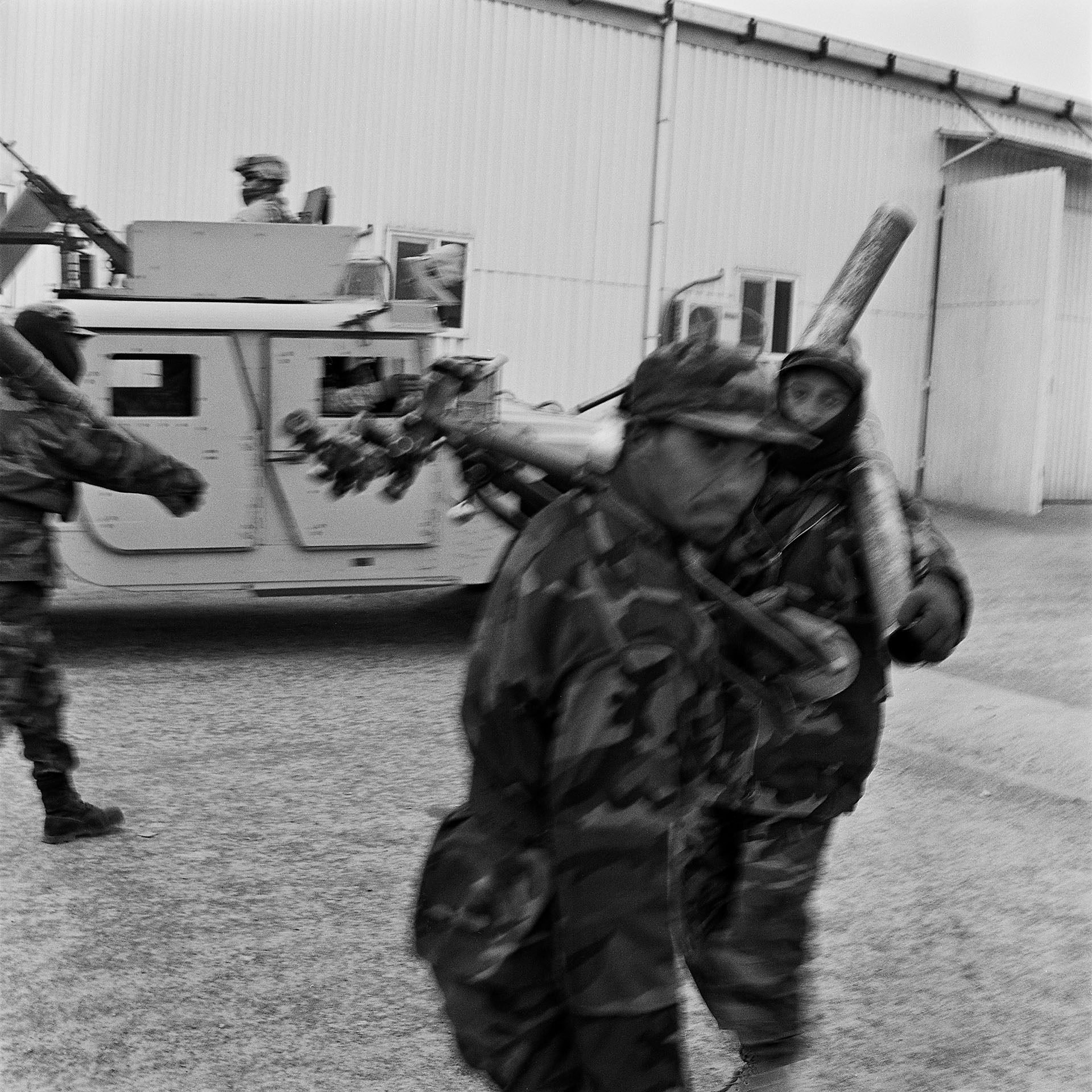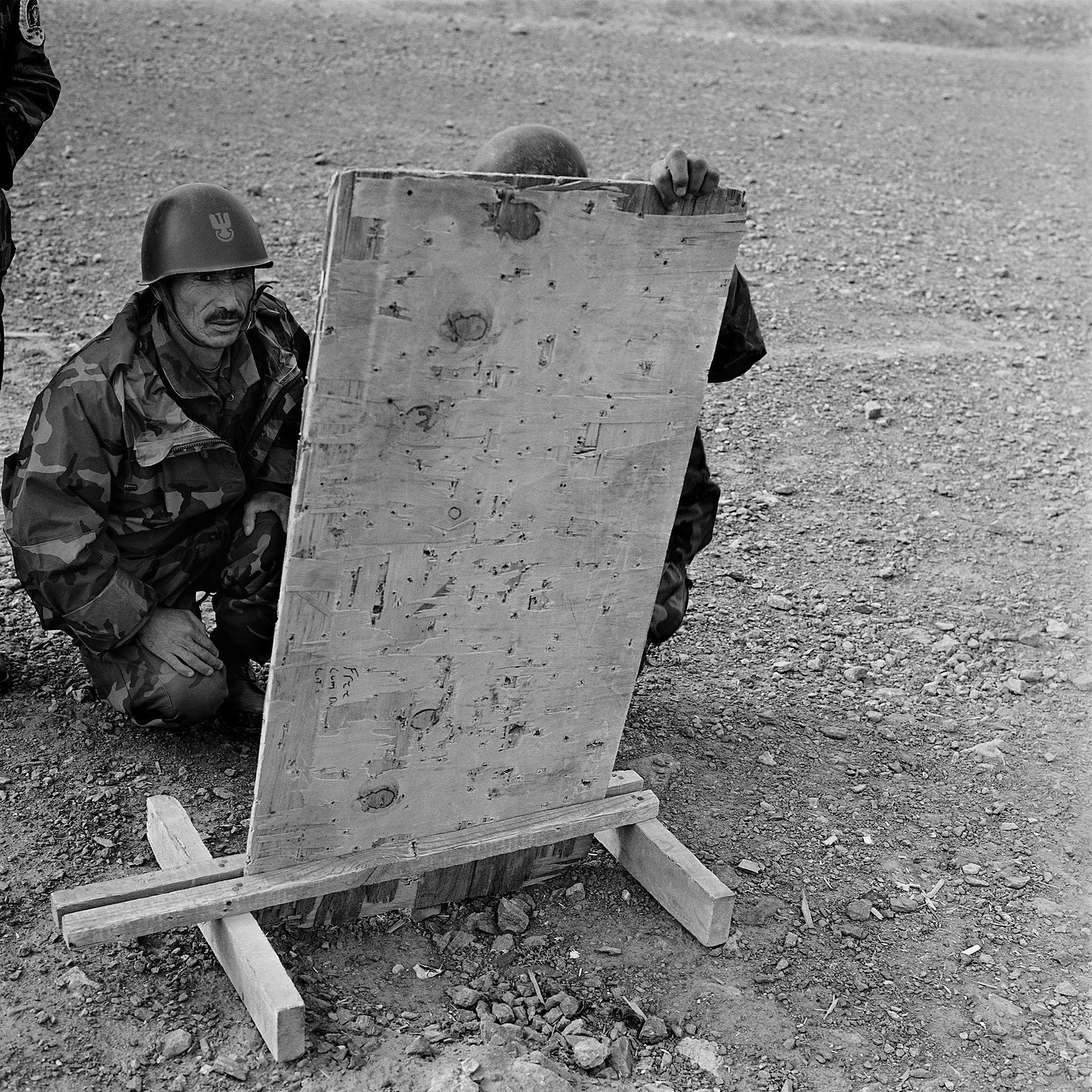2001–2010
Afghanistan – A Thirty Years War
If it is true that Communism faced its grave in Afghanistan, then the Afghans were poorly rewarded for their Jihad on behalf of a free world, and are still a long way from peace. Unlike the Vietnamese, who turned their victory in the two Indochina Wars into a lasting one, the Mujaheddin, after the retreat of the Red Army, unleashed turmoil, and so set the stage for overt and covert regional and international interference, the Taliban, and the present situation.
The NATO allies are eager to end their mission. America, however, is locked into the very country where, during the Cold War, it was pleased to see the Soviet Union enduring nine years of bloodshed (exactly the period the Vietnam War lasted) in their very own “Vietnam in the Hindukush.” So great was Moscow’s zeal to transform the country into something resembling its own that the Afghans’ way of life was overturned almost beyond repair. Today, the Afghans know that the present invader, too, will leave one day. But as casualties mount in this asymmetrical war, which as history repeats itself kills and destroys indiscriminately, they have begun to compare the Soviet occupation favorably to the new invaders. The Western project of nation-building combined with peace-enforcement and reconstruction was doomed from the beginning. But the blame also lies in Kabul, where under the conflicting influence of regional powers coherence seems impossibly difficult.
The reportage was commissioned and published by Neue Zürcher Zeitung, Zürich, and became part of Failure in the East, a project in the making.
Assignments
- 2010–2018Afghanistan – Glacier Walks in Times of War
- 2012Burma Revisited
- 2009Swat – Mutilated Faces
- 2007Kazakhstan – Oil Great Game in Central Asia
- 2005Turkmenistan – A Journey under Surveillance
- 2004China – Farewell to Kashgar
- 2001–2010Afghanistan – A Thirty Years War
- 2001China – The Transformation of Xinjiang
- 2001Afghanistan – Drought and Famine
- 2000Kashmir – Paradise Lost
- 2000Ulanbataar – Children’s Underworld
- 2000London – Going Southwark
- 1999Indonesia – East Timor: Times of Agony
- 1998–1999Borneo – Destruction Business
- 1998Afghanistan – Economy of Survival
- 1997Cambodia – Quiet Days in Pailin
- 1996Tajikistan – Forbidden Badakshan
- 1995Iran – Roads to Isfahan
- 1994–the presentAngkor – The Mercy of Ruins
- 1994Bangladesh – Sandwip: An Island disappears into the Sea
- 1993Calcutta – Durga Puja
- 1992–1996Indochina – Legacies of War
- 1992Cambodia – Resurrecting a Country
- 1991–1992Burma – Behind the Bamboo Curtain
- 1990Ahmedabad – Cotton Mills
- 1987China – The Pulse of the Earth
- 1978–1980Greece – Lavrion Silver

